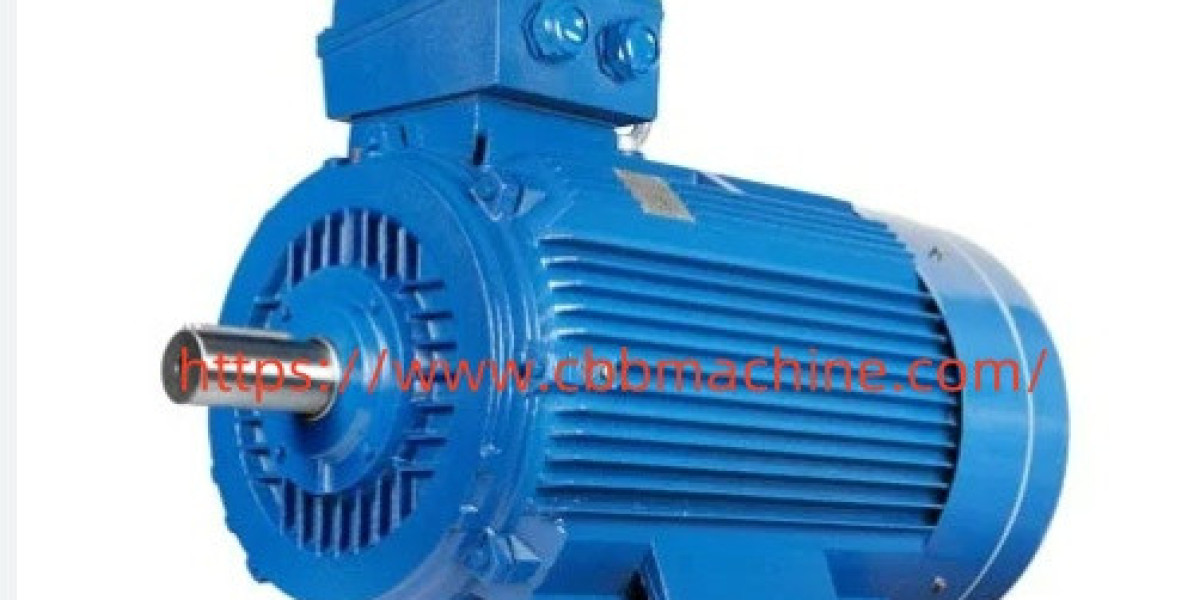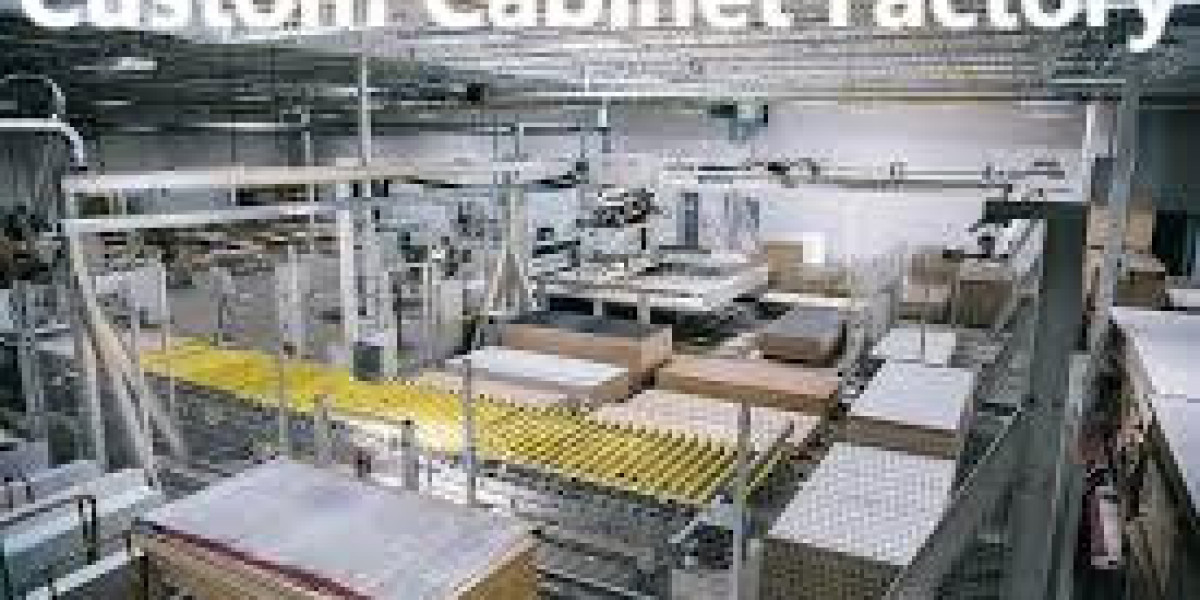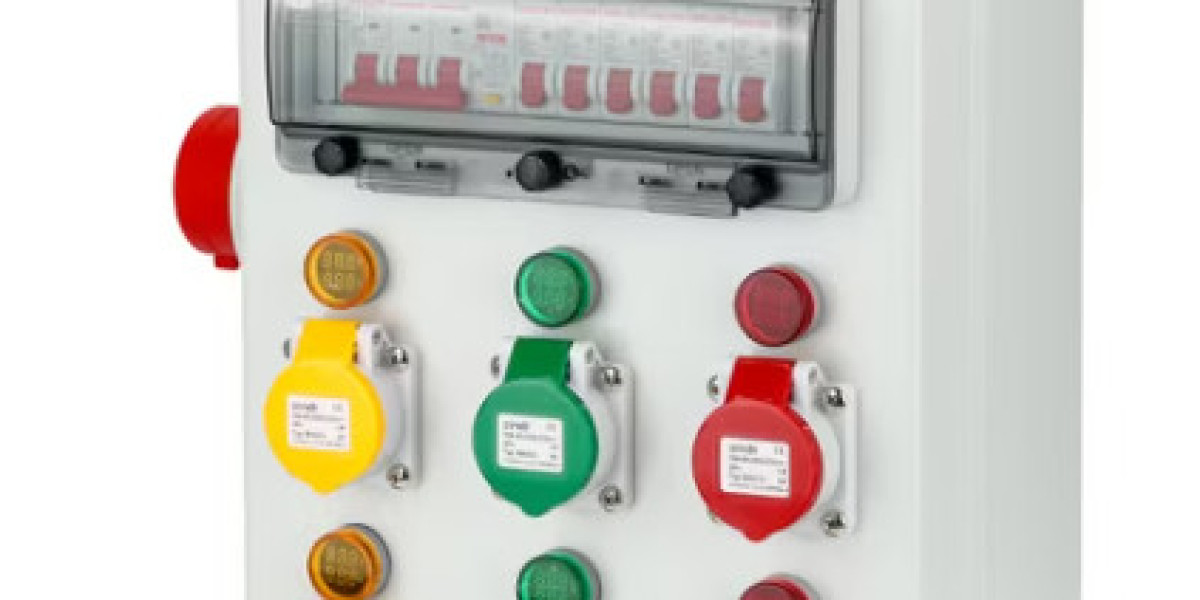An Electric Torque Motor has become an essential component in modern manufacturing environments, where control, responsiveness, and adaptability are increasingly critical. Unlike conventional drive systems that focus primarily on speed, torque-driven designs prioritize controlled force application. This makes them especially suitable for industries that require smooth performance in processes such as winding, unwinding, or precision assembly.
One of the defining characteristics of this type of motor is its ability to maintain torque at low or even zero speed. This feature allows machines to hold materials steadily without slippage or sudden tension changes, creating consistency in industries where exact positioning is essential. For example, in the converting sector, films and foils need steady tension to avoid wrinkles or tears during processing.
In addition to operational stability, efficiency is another significant advantage. As factories look to reduce waste and improve energy management, motors designed to regulate torque have proven useful. They can adjust output in real time, ensuring energy is not wasted while still delivering the required performance. This combination of efficiency and control contributes to more sustainable industrial practices.
The reliability of these motors also plays an important role in safety. By preventing jerks or abrupt motion, the chances of material damage or machine wear are reduced. Workers benefit as well, since smoother operations minimize the risk of accidents caused by sudden mechanical movements.
Industries that frequently rely on winding systems, such as textiles, paper, or packaging, often choose torque-regulated motors for their adaptability. They can handle diverse materials without frequent manual adjustments, enabling faster production cycles with fewer interruptions. At the same time, the integration of automated monitoring systems means operators can spend less time correcting errors and more time optimizing production.
Looking ahead, the role of torque-regulated solutions is expected to expand as smart factories become more common. Integration with digital platforms enables predictive adjustments and data-driven maintenance, which reduces downtime and enhances productivity. For companies focused on scaling up while ensuring quality, such motors provide a valuable balance between advanced control and operational flexibility.
By combining precision, adaptability, and long-term reliability, torque-focused designs represent a critical part of the shift toward more automated and sustainable industrial operations. They are not only tools for enhancing workflow but also strategic investments for businesses aiming to remain competitive in a changing global market.
For further details, visit https://www.cbbmachine.com/







